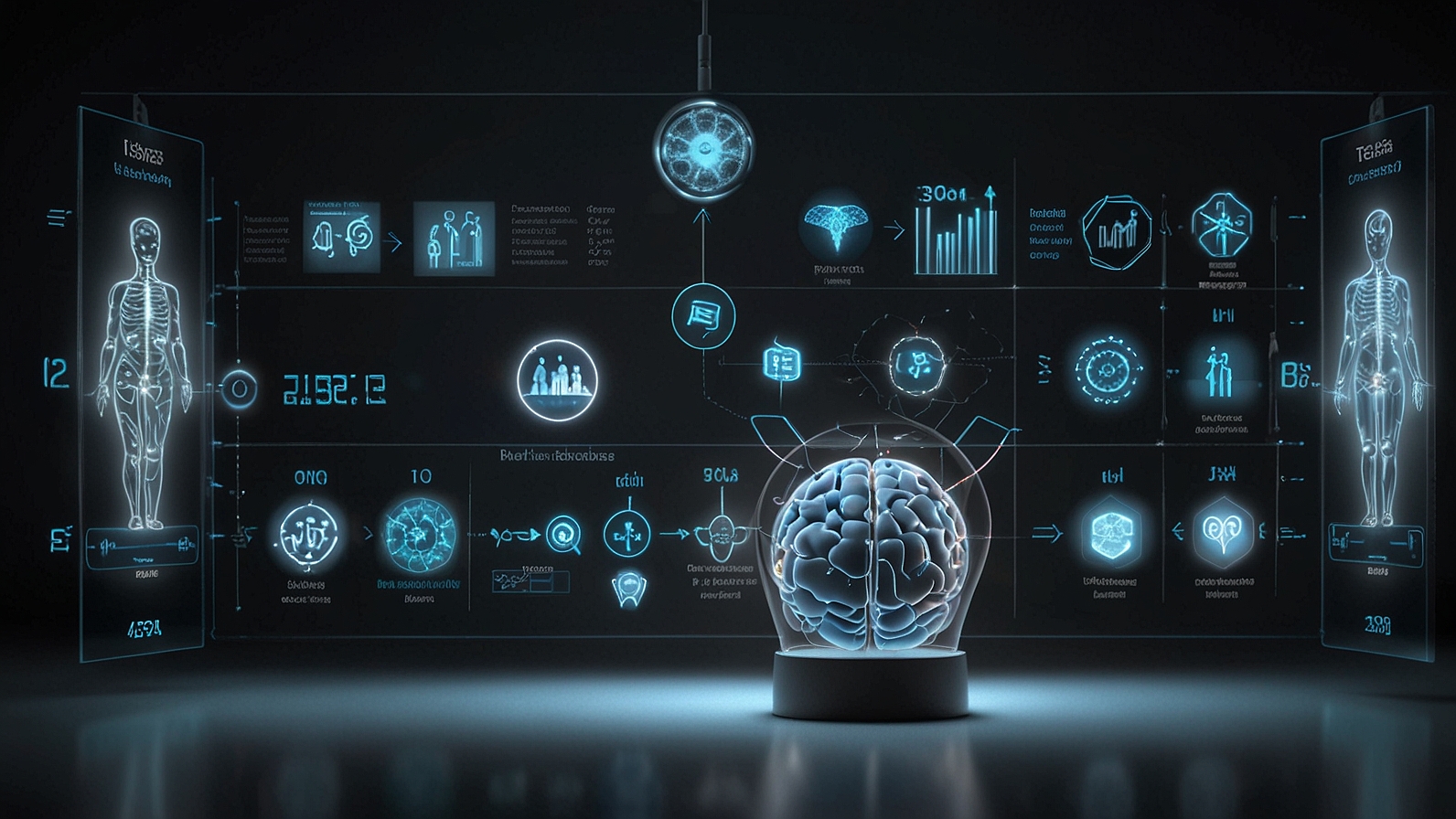Technology is revolutionizing every facet of modern life, and healthcare is no exception. From wearable devices to artificial intelligence (AI), the innovations driving today’s medical advancements promise to reshape how we approach health and wellness. As these tools become more accessible, they bring both opportunities and challenges for individuals, providers, and policymakers alike. This article explores key technologies transforming healthcare and how they could impact your well-being.
Wearable Technology: Your Personal Health Companion
Gone are the days when health monitoring was confined to clinic visits. Today, wearable devices like smartwatches and fitness trackers allow individuals to track metrics such as heart rate, sleep patterns, and physical activity in real time. These gadgets provide immediate feedback, encouraging healthier lifestyles and helping detect anomalies like irregular heart rhythms.
Beyond consumer-grade wearables, medical-grade devices are also evolving. Continuous glucose monitors (CGMs) for diabetics and wearable ECG monitors are examples of tools that bring critical health data directly to patients and their doctors.
Telemedicine: Healthcare from Anywhere
Telemedicine has grown exponentially, particularly during the COVID-19 pandemic, which made remote healthcare a necessity. Virtual consultations allow patients to connect with doctors from the comfort of their homes, making healthcare more accessible to those in remote areas or with mobility challenges.
Telemedicine platforms now offer services ranging from general consultations to specialized therapies, like mental health counseling or chronic disease management. As technology advances, remote monitoring tools and AI diagnostics are expected to make virtual care even more robust.
Artificial Intelligence: The Brain Behind Modern Healthcare
AI is playing an increasingly significant role in diagnosing diseases, managing patient data, and even predicting outbreaks. Machine learning algorithms can analyze complex datasets, identifying patterns that human doctors might overlook.
For example, AI-powered imaging tools are enhancing early detection of diseases like cancer, while natural language processing is streamlining administrative tasks such as medical coding and patient record-keeping. Chatbots, another AI-driven innovation, are now assisting with symptom checking and appointment scheduling, freeing up human resources for more critical tasks.
Genomics and Personalized Medicine
Advancements in genomics are paving the way for personalized medicine, where treatments are tailored to an individual’s genetic makeup. The Human Genome Project and subsequent breakthroughs have made it possible to identify genetic predispositions to diseases like cancer, diabetes, and Alzheimer’s.
With genetic insights, doctors can customize treatment plans, ensuring therapies are more effective and have fewer side effects. As sequencing costs continue to drop, genetic testing is becoming an increasingly viable option for preventive care.
Robotics in Surgery and Beyond
Robotic technology is enhancing precision in surgical procedures, leading to shorter recovery times and fewer complications. Systems like the da Vinci Surgical System allow surgeons to perform minimally invasive operations with unparalleled accuracy.
Robotics isn’t just limited to the operating room. Autonomous robots are being deployed for tasks such as disinfecting hospital rooms, delivering supplies, and even assisting in patient rehabilitation through robotic exoskeletons.
The Internet of Medical Things (IoMT)
IoMT connects medical devices and systems through the internet, enabling seamless data sharing and integration. For instance, smart inhalers for asthma patients or connected pacemakers can transmit real-time data to healthcare providers, ensuring timely interventions.
This connectivity is also helping hospitals streamline operations, reduce waste, and improve patient outcomes by providing a more holistic view of patient health.
Challenges and Considerations
While these technologies promise significant benefits, they also come with challenges:
- Privacy Concerns: The more interconnected healthcare becomes, the greater the risks of data breaches and misuse of personal health information.
- Accessibility: Not all populations have equal access to these technologies, potentially exacerbating health disparities.
- Cost: While some technologies lower long-term costs, the initial investment can be prohibitive for smaller healthcare providers or low-income individuals.
Policymakers and healthcare institutions must address these challenges to ensure that technological advancements benefit everyone.
The Road Ahead
The future of healthcare lies in its ability to balance cutting-edge technology with human-centric care. As innovations like AI, genomics, and telemedicine become mainstream, they offer unprecedented opportunities to improve health outcomes, reduce costs, and make healthcare more equitable.
For individuals, staying informed and embracing these changes will be key. Whether it’s using a fitness tracker to monitor your steps or leveraging telemedicine for routine check-ups, technology is empowering people to take charge of their health like never before.
The journey towards a healthier, tech-enabled future is underway, and it’s transforming not just how we treat diseases but how we think about wellness itself. The question isn’t if technology will change healthcare—it’s how we’ll adapt to ensure it serves everyone effectively.





